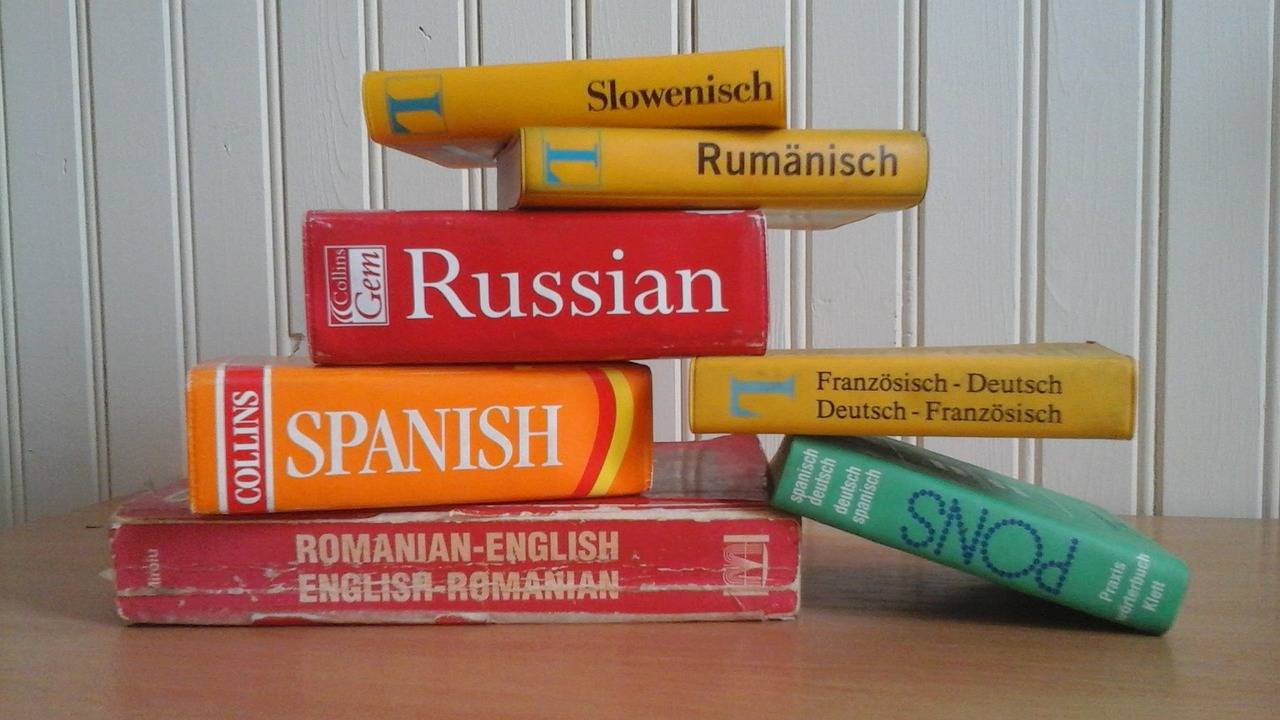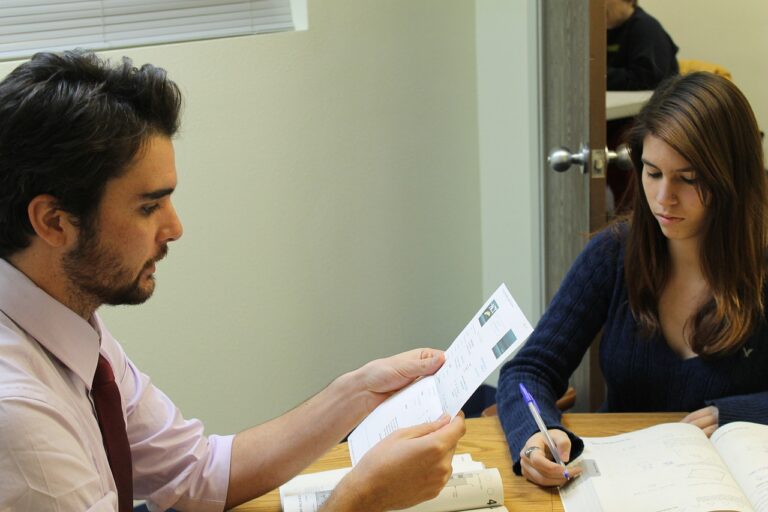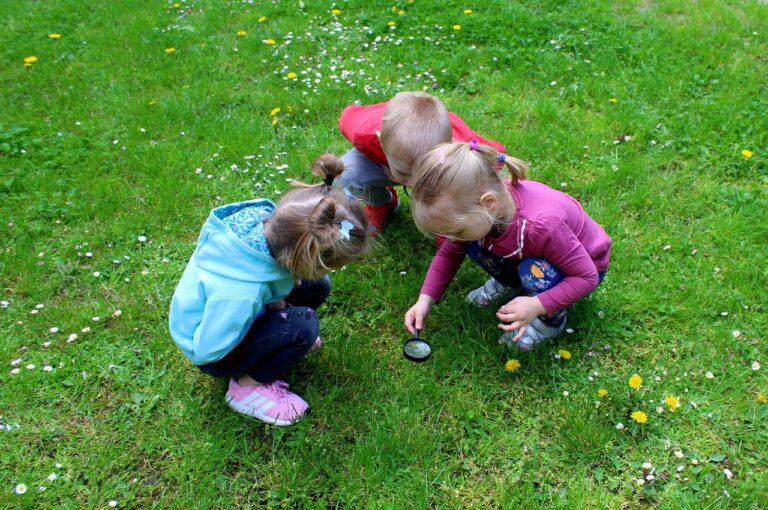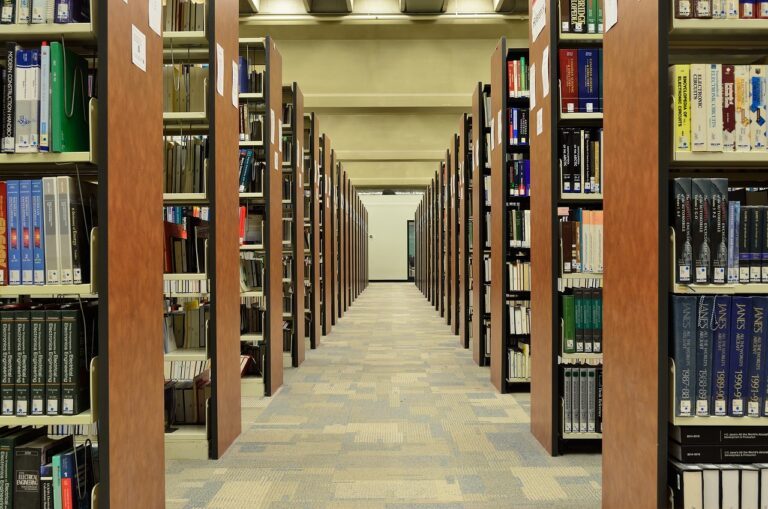Promoting Social Emotional Learning Through Virtual Reality Mindfulness Exercises
Virtual reality (VR) technology has emerged as a powerful tool for enhancing mindfulness practices. By immersing individuals in realistic and interactive environments, VR offers a unique opportunity to cultivate presence and awareness. Through guided meditation sessions and calming simulations, users can experience a heightened sense of focus and relaxation, making it easier to engage with the present moment.
Moreover, VR allows for the customization of mindfulness experiences to cater to individual preferences and needs. With the ability to choose from a variety of settings and themes, users can create a personalized practice that resonates with them on a deeper level. This flexibility not only increases engagement but also encourages a more consistent and fulfilling mindfulness routine.
The Impact of Social Emotional Learning on Mental Health
Social Emotional Learning (SEL) plays a crucial role in promoting mental well-being by fostering self-awareness and emotional regulation skills. When individuals are equipped with the ability to recognize and manage their emotions effectively, they are better equipped to handle stress and build resilience in the face of challenges. By developing a strong foundation in SEL, individuals can cultivate healthy relationship dynamics and enhance their overall psychological health.
Furthermore, incorporating SEL practices into educational curriculums can empower students to navigate complex social situations with empathy and understanding. When students are taught how to communicate their emotions constructively and resolve conflicts peacefully, they are more likely to experience positive mental health outcomes. By prioritizing SEL in schools and communities, we can create a supportive environment that nurtures emotional well-being and promotes mental health for individuals of all ages.
How Virtual Reality Can Enhance Emotional Regulation Skills
Virtual reality (VR) technology has shown promising potential in enhancing emotional regulation skills. By immersing individuals in simulated environments, VR provides a unique platform for practicing and improving emotional management techniques. Through interactive scenarios and real-time feedback, users can learn to recognize and regulate their emotions in a controlled and safe setting.
Furthermore, the immersive nature of VR experiences allows individuals to develop a greater sense of presence and engagement, which can enhance the effectiveness of emotional regulation training. By simulating challenging situations and providing coping mechanisms, VR offers a personalized and dynamic way to practice regulating emotions. This innovative technology has the ability to foster emotional awareness and resilience, empowering individuals to navigate complex emotions more effectively in the real world.
How can virtual reality enhance emotional regulation skills?
Virtual reality provides a safe environment for individuals to practice regulating their emotions in various scenarios, which can help them develop coping strategies and improve their emotional regulation skills.
Can virtual reality be used for mindfulness practices?
Yes, virtual reality can be an effective tool for mindfulness practices as it can help individuals focus on the present moment and engage in relaxation techniques to reduce stress and anxiety.
What is the impact of social emotional learning on mental health?
Social emotional learning can have a positive impact on mental health by promoting self-awareness, self-regulation, and interpersonal skills, which are essential for managing emotions and building healthy relationships.
How does virtual reality help with emotional regulation in social situations?
Virtual reality simulations can recreate social scenarios that trigger strong emotions, allowing individuals to practice regulating their responses and improving their social emotional skills in a controlled environment.
Are there any potential drawbacks to using virtual reality for emotional regulation skills?
While virtual reality can be a useful tool for enhancing emotional regulation skills, it is important to use it in conjunction with other therapeutic approaches and not rely solely on technology for emotional development.





